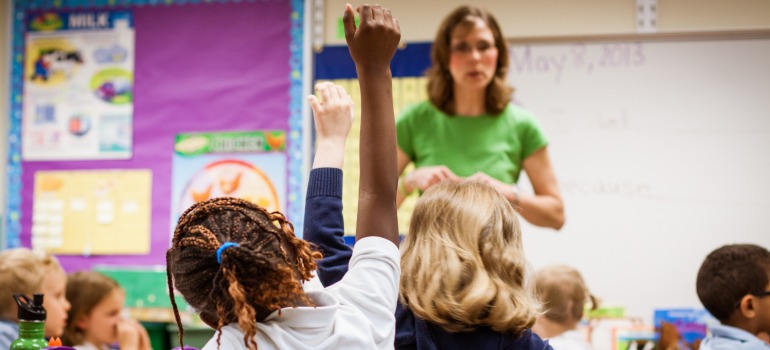
Research from the Psychology departments at Concordia and UBC reveals that children as young as five can gauge when adults are overconfident.
From the words for colours to how to tie a shoelace, kids have lots to learn — and for the most part, they depend on others to teach it to them.
But whether deliberately or inadvertently, other people sometimes misinform. So at what age can kids tell trustworthy teachers from confident tricksters?
A new study published in PLOS One by psychology researchers from Concordia and the University of British Columbia shows that by the age of five, children become wary of information provided by people who make overly-confident claims.

Susan Birch
For the study, Patricia Brosseau-Liard, who is now a Concordia postdoctoral fellow, recruited 96 four- and five-year-olds. She and her UBC Dept. of Psychology co-authors Tracy Cassels and Susan Birch, Director of the KID Studies Centre, had the youngsters weigh two important cues to a person’s credibility — prior accuracy and confidence — when deciding what to believe.
The researchers showed their subjects short videos of two adults talking about familiar animals. The speakers would either:
A. Make true statements about the animal in a hesitant voice
“Hmm, I guess whales live in the water?”
B. Make false statements about the animal in a confident voice
“Oh, I know! Whales live in the ground!”
The kids were then shown videos of the same two adults speaking about strange animals. The previously confident speaker would state facts with confidence, and the previously hesitant speaker remained hesitant while stating different facts. The participants were then asked whom they believed.
In children closer to the age of four, it was a 50/50 split: they were as likely to believe the confident liar as the hesitant truth-teller. But as they neared the age of five, participants were more likely to believe the previously accurate but hesitant individual, suggesting a year can make a big difference in terms of a child’s evolution in the critical consumption of information. Read more on UBC News.
Photo: Paul Hart, Flickr.